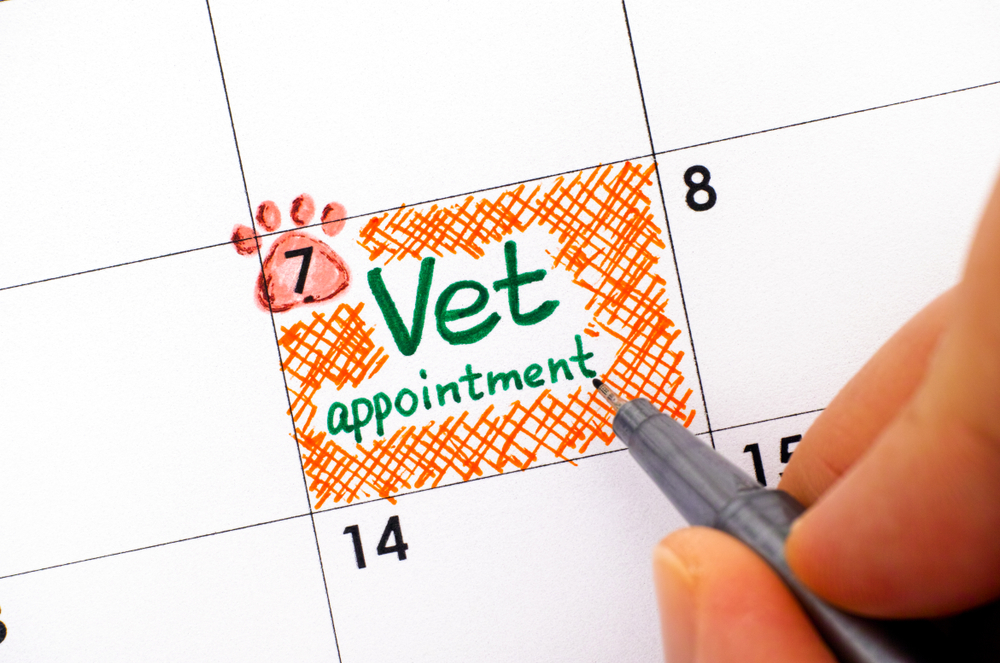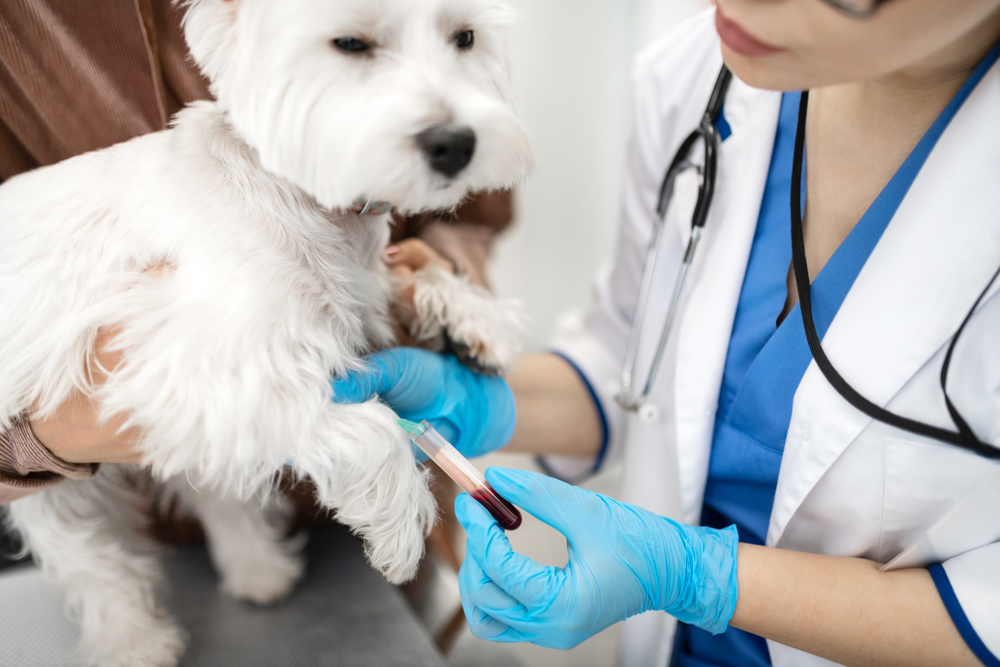When your pet comes in for their annual or biannual wellness visit, you may think they’re simply getting required vaccines. However, your pet’s veterinary wellness visit consists of so much more, including lifestyle-based vaccinations, nutrition and behavior evaluations, screening tests, and preventive care recommendations. Read our Aberdeen Veterinary Clinic team’s answers to frequently asked questions about pets’ wellness screenings and the value of normal test results.
Question: What are common wellness screening tests for pets?
Answer: Our team recommends most of your pet’s wellness screening tests based on their unique needs and health risks. However, some common tests are key to assessing your pet’s health thoroughly, including:
- Physical exam — Our veterinarian performs a nose-to-tail physical exam to evaluate your pet’s health status and detect any health issue they may have by listening to your furry pal’s heart and lungs, palpating their abdomen and spine, and looking at the eyes, ears, mouth, and skin. A physical exam is essential for guiding additional screening or diagnostic tests, as any abnormalities require further testing.
- Parasite screening — While parasite preventives can defend your four-legged friend against myriad pests, they do not protect against all parasites. By performing parasite screening tests, we can verify that the product was administered appropriately and remains effective. Depending on your pet’s exposure, we may test for intestinal parasites, tick-borne illnesses, and heartworm disease.
- Blood work — Standard wellness blood work typically consists of a complete blood count (CBC) and blood chemistry panel. These two tests provide an in-depth look at your pet’s internal health by analyzing organ function, quantifying red and white blood cells, and assessing fluid and electrolyte levels.
- Urinalysis — By evaluating your pet’s urine, we can identify kidney dysfunction, a urine pH imbalance, urinary crystals, infection, or inflammation.
Older pets benefit from additional wellness screening tests, as some conditions become more common with age. Depending on your pet’s age, breed, species, and health status, we may recommend specialized testing for thyroid hormone imbalances or chronic kidney failure, or a full-body survey for suspicious tumors.
Q: How do wellness screening tests benefit my pet?
A: The purpose behind wellness screening is to detect hidden health issues. However, your pet’s wellness screening also provides other benefits, such as:
- Generating a health baseline — Pets’ test results don’t always go by the book, and your furry pal’s screening tests may yield abnormal results. However, these values may be normal for your pet. Without performing regular screening tests during wellness visits, we would be unable to diagnose health issues accurately. Routine screening establishes a baseline of your pet’s normal values over time to which we can compare future test results, allowing for accurate diagnosis.
- Guiding a health care plan — While general guidelines are available on how to take care of a particular species or breed, each pet is unique and thrives under personalized care. Screening test results can guide a customized health care plan designed to keep your unique four-legged friend happy and healthy.
- Diagnosing disease in its early stage — Once your pet’s health baseline has been established, our team can identify subtle pattern changes that can indicate disease in its early stage. By detecting disease in its earliest stages, we can provide your pet with more effective, less costly treatment than advanced conditions require.
Q: How do wellness screening tests benefit me?
A: Is anything better than knowing your pet is happy and healthy? Normal results garnered from screening tests yield invaluable peace of mind, reassuring you that your furry pal is in good health.
In addition, if your pet’s screening test results are abnormal, our team can intervene immediately to preserve your pet’s quality of life. Early intervention is often much more cost-effective than treating and monitoring advanced disease.
Q: How frequently should I schedule my pet’s wellness screening?

A: As a general rule of thumb, pets need annual wellness care. Depending on myriad factors, your pet may require more frequent wellness screening. For example, senior pets, those with chronic health conditions, and those with a high disease development risk should have more frequent tests to assess and monitor their health.
To keep your pet healthy, ensure they attend their annual or biannual veterinary wellness visit. Don’t wait! Schedule your furry pal’s essential appointment with our Aberdeen Veterinary Clinic team.







Leave A Comment